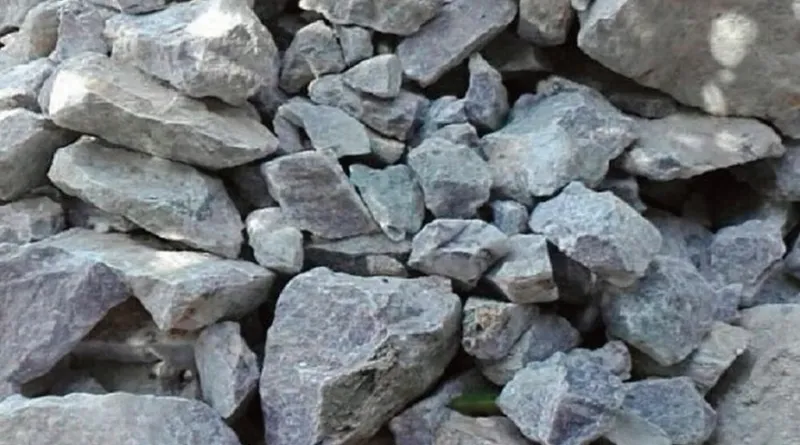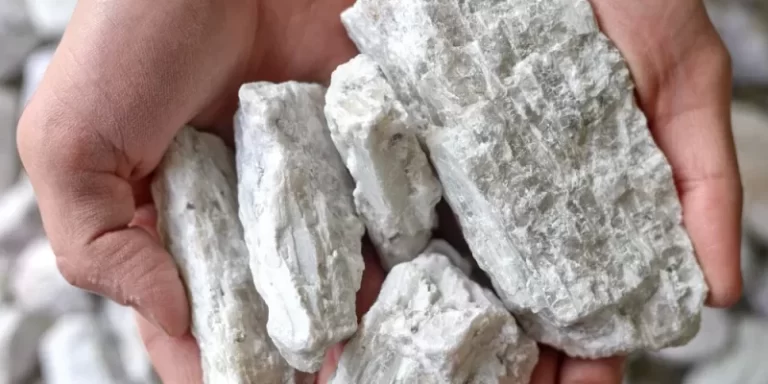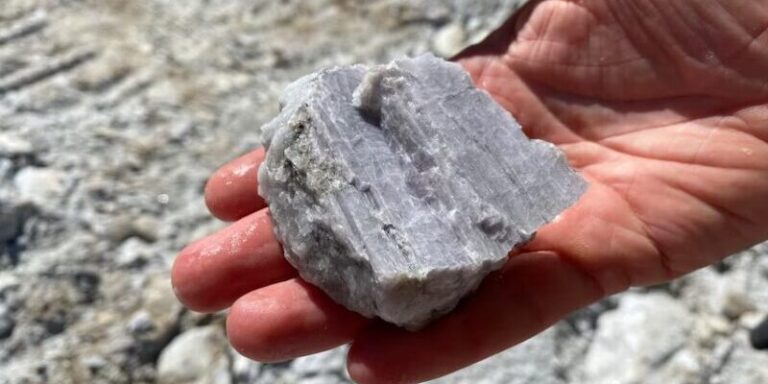
Production cuts by lithium companies in response to declining prices have led to tighter supply forecasts, though a global surplus of the metal is still expected in 2024 and 2025, according to a report released Thursday by Chile’s Copper Commission (Cochilco).
The global lithium market is projected to experience a surplus of 89,000 tons in 2024 and 141,000 tons in 2025, Cochilco’s report revealed.
The agency, which is responsible for mining studies in Chile, noted that despite production cuts, the global market is still expected to be oversupplied during these years.
Chile, the world’s second-largest producer of lithium, plays a central role in the supply of this crucial component for electric vehicle batteries. US-based Albemarle and Chile’s SQM are the only companies currently extracting lithium in the country.
“The strong lithium supply would place the market balance in surplus in 2024 and 2025,” the report stated. It also mentioned that the market is likely to achieve better balance by 2027.
With lithium prices having fallen by as much as 78% over the past year, the industry has responded with production cutbacks, slowing down both greenfield and brownfield projects.
This has pushed the market rebalancing forecast further to the 2027-28 period. The report also noted that lithium prices during the September-November period were so low that they may have reached a floor.
Cochilco projected that Chile would produce approximately 285,000 metric tons of lithium carbonate equivalent (LCE) in 2024, with production expected to rise to 305,000 tons in 2025.
The report highlighted the growing influence of other nations in the global lithium market. Zimbabwe is expected to produce 75,000 tons of lithium in 2024, about 6% of the global supply.
Additionally, Mali’s Goulamina mine and the Manono mine in Congo are forecast to significantly increase production in the coming years.
Argentina is also anticipated to ramp up production, with forecasts of more than 100,000 tons of lithium by 2026 as large projects come online, buoyed by investment incentives under the leadership of libertarian President Javier Milei.
However, Cochilco also flagged potential risks tied to the election of US President Donald Trump, who assumed office on Monday and has threatened to impose broad import tariffs. “The results of the US elections are a major source of uncertainty for commodities,” the report warned, citing concerns that tariffs could reduce global growth.
Furthermore, Cochilco noted that China’s heavy reliance on lithium consumption and its ongoing trade disputes with the United States and the European Union could exert additional downward pressure on lithium prices.







